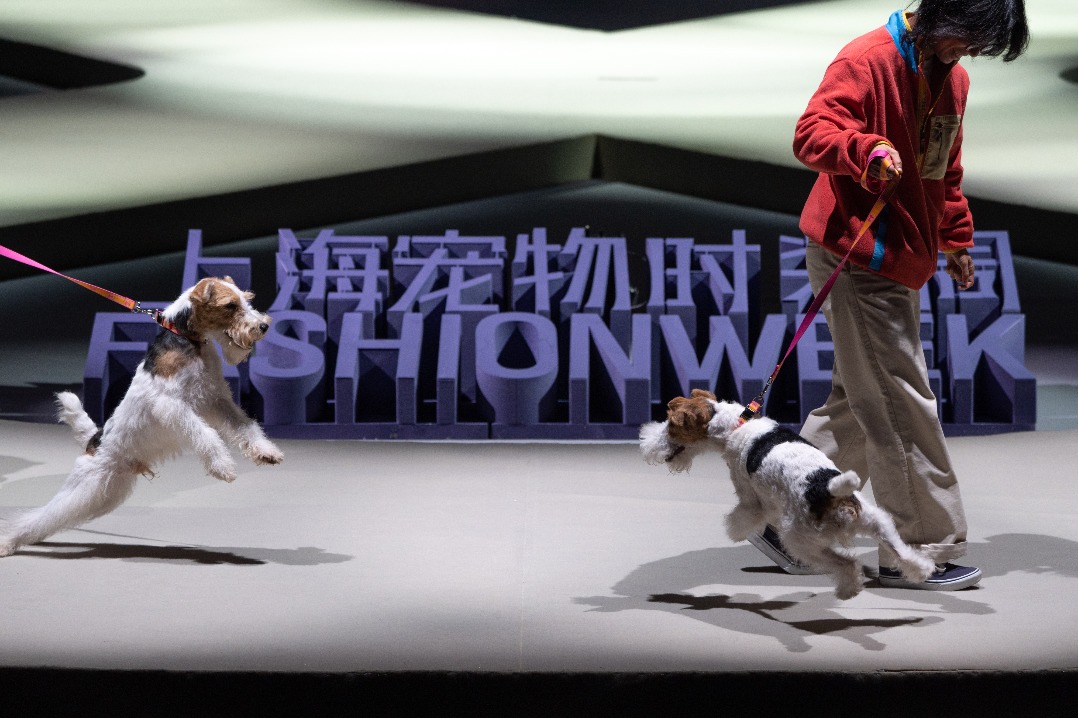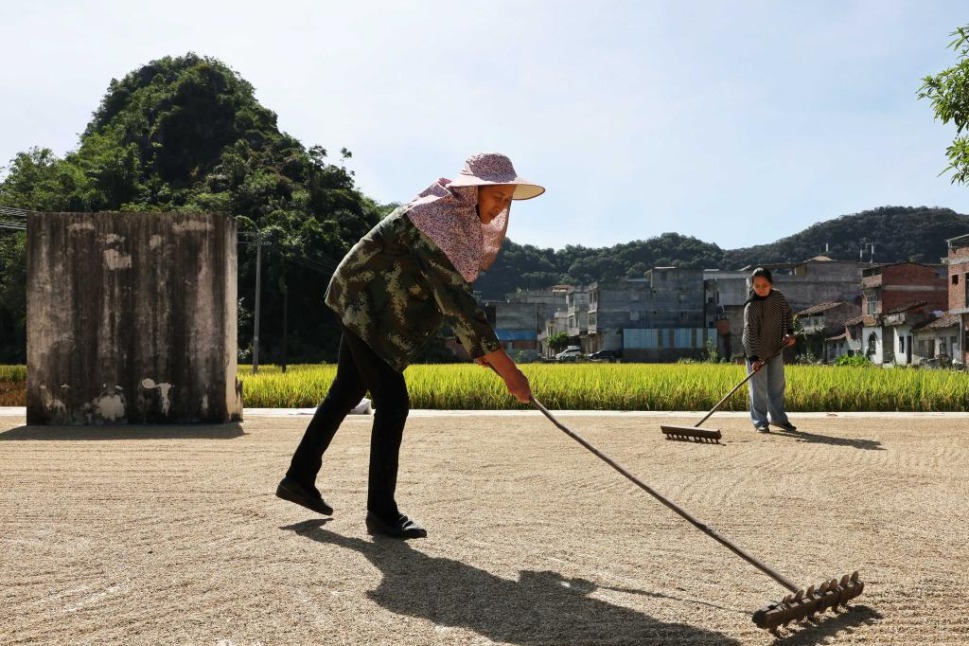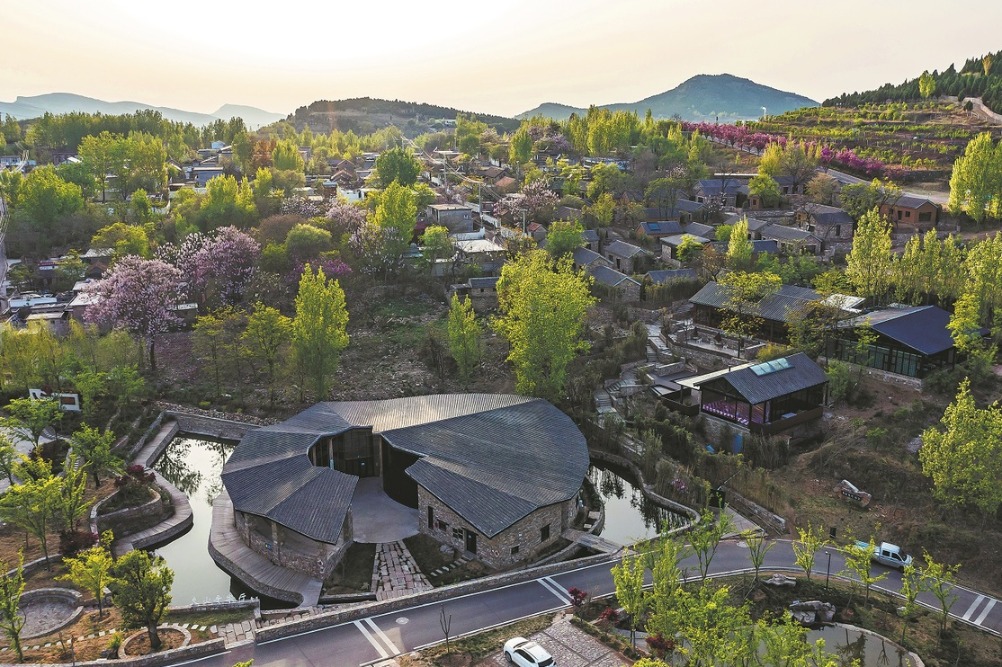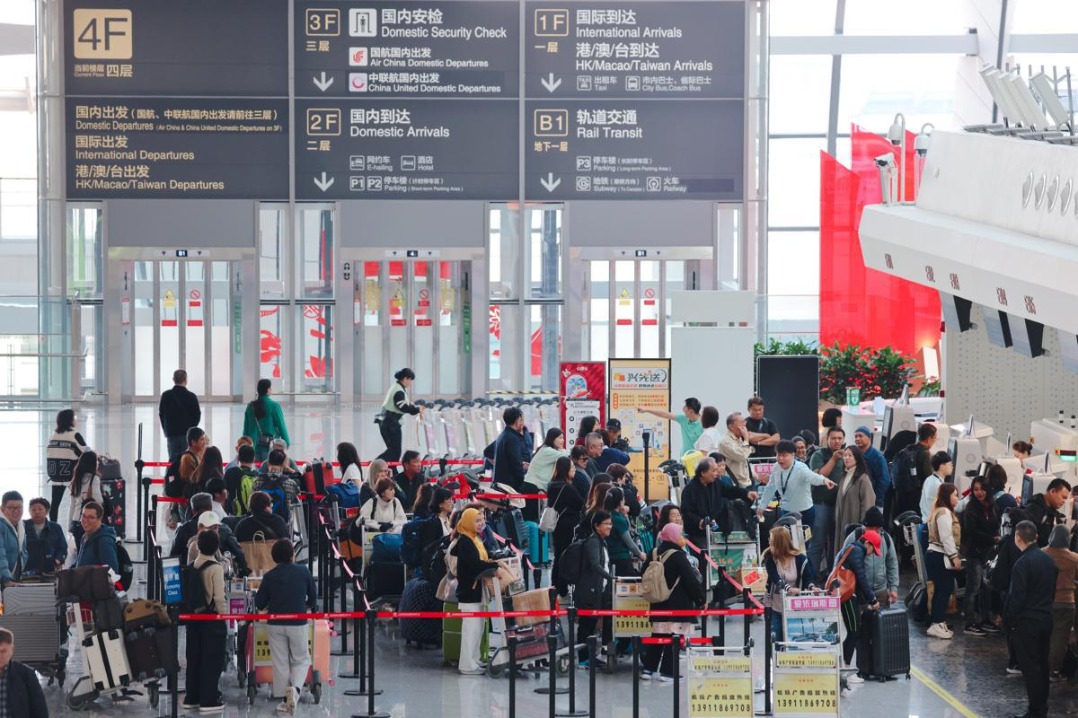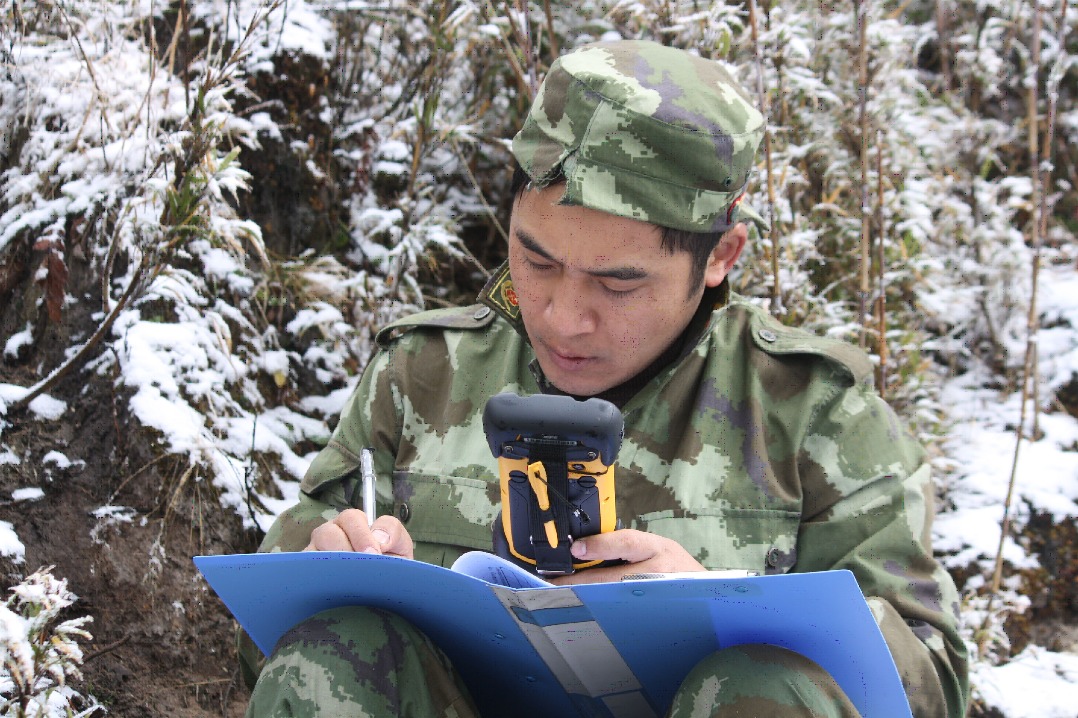Passage interviews offer more insight

I have lost track of how many times I've covered the two sessions-the country's annual political high season that usually falls in early March. In recent years, I have found my job getting easier as the sessions became more open to reporters.
In the past, it was quite a challenge interviewing deputies to the National People's Congress and members of the National Committee of the Chinese People's Political Consultative Conference. Because legislators and political advisers have so many things to do during the annual meetings, such as discussing, voting or sharing their opinions with the leadership, they have little time for the media.
I still remember the bustling scenes inside the Great Hall of the People in the capital some years ago as hundreds of journalists, toting cameras with lenses of various lengths, ran after senior officials or celebrities attending the two sessions. Some female reporters lost their high-heeled shoes during the race, some quarreled over a camera position and some pushed each other trying to get close to the interviewees.
To get those deputies to talk, some reporters would try their luck around the bathrooms in case the deputies came to answer nature's call during the meetings.
But as China becomes more open and responsive to public concerns, reporters at the two sessions are gaining greater access to legislators and political advisers, and they are more willing to talk to us.
In 2008, the introduction of a "ministers' passage" in the northern hall of the Great Hall of the People gave each minister five to 10 minutes to take questions.
This year, a new style of interview gained popularity at the annual political meetings. "Passage interviews", featuring a wide range of deputies and political advisers, gave us good opportunities to raise questions.
Group interviews take place in a passageway leading to the main hall. Some nine to 12 participants are invited to answer questions each time. All the group interviews are live broadcast.
Local delegations are more welcoming to reporters, too.
In the past, most of the interviews needed to be arranged by media liaison officers of the local delegations. It was time-consuming and the requests were often declined.
I cover the delegations from Chongqing municipality and Qinghai province this year. In addition to the open media day, Chongqing organized six group interviews and invited deputies to talk on different topics, such as how to energize the rural area, how to achieve high-quality development and how to proceed with opening-up in the inland highlands.
Most of the deputies, no matter whether senior officials or representatives from the grassroots, like to share their thoughts with reporters.
To my surprise, two Chongqing deputies conducted interviews in English with China Daily reporter Erik Nilsson. These changes really show that China is becoming a more open, transparent and confident country.
- Sweet potatoes turn into success story for Pengshui
- Rail tunnel embarks on 'trip under the sea'
- Grain yield seen topping 700 mln tons
- Police nab over 4,000 suspects involved in major fraud
- Leading scientific minds descend on Shanghai
- Taiwan marks 79th anniversary of recovery from Japanese occupation
















